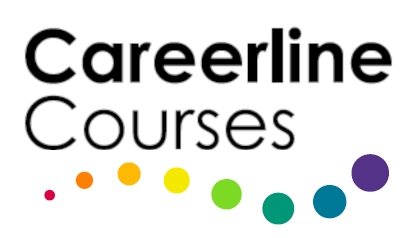If you live or work with teenagers this Adolescent Psychology course can help you!
Understand the behaviour and theory behind working and living with adolescents. Develop an understanding of the changes that adolescents go through during their teenage years. Study with the support of experienced and highly qualified tutors.
This Adolescent Psychology course helps students gain understanding and knowledge of the physical, emotional and intellectual development of adolescents by examining the ‘ages and stages’ of adolescent development, which is used as a basis for examining teenage sexuality, morality, delinquency, transition to adulthood and more in 10 lessons.
This course is highly recommended for secondary school teachers, youth workers, parents and anyone who needs to understand the teenagers in their life.
Course Aims:
- Explain the theories of child development in relation to adolescents.
- Describe life crises in relation to adolescents.
- Describe the physical changes that occur in puberty.
- Determine the intellectual changes that occur in adolescence.
- Describe emotional development that occurs during adolescence.
- Discuss sexuality during adolescence
- Describe social development that occurs in adolescence.
- Explain the theories of moral development in relation to teenagers.
- Discuss the links between adolescence and delinquent activity such as crime.
- Explain changes that occur moving from adolescence to adulthood.
Detailed Course Outline
This course is made up a number of lessons or units. Each of these has self assessment questions, a set task (practical homework) and an assignment which you can upload online.
There are 10 lessons in this course:
1. Introduction
-
- Theories of Human Development.
- What is adolescence?
- Piaget’s theory of Cognitive Development.
- The stages of Piaget’s theories.
- Moral development.
- Erikson’s psychosocial development theory, stages.
2. Life Crises
-
- Life crisis.
- Problems.
- Puberty
- Attachment theory.
- Internalised and externalized problems.
- Types of problems experienced by adolescents.
3. Physical Development
-
- Puberty in females.
- Puberty in males.
- Hormones.
- Physical activity.
- Obesity.
4. Intellectual Development
-
- Piaget’s formal operations stage.
- School problems.
5. Emotional Development
-
- Freud’s theories.
- Emotional problems.
- Teenagers and grief.
- Eating problems.
- Depression.
- Emotional problems.
- Typical childhood responses to grief.
- Supporting a grieving child.
6. Sexuality
-
- Acquisition of gender identity and social role identity.
- Vicarious learning and sexual identity.
- Gender identity disorders.
- Curiosity.
- Sex.
- Sexual behaviour.
- Masturbation.
- Sexuality and nudity.
- Answering questions.
7. Social Development
-
- Family influence.
- Types of parenting.
- Denigration of parents.
8. Moral Development
-
- Piaget’s theory of moral development.
- Kohlberg’s theory of moral reasoning.
9. Delinquency and Crime
-
- Juvenile delinquency.
- Pathways to delinquency.
- Gangs.
- Crimes more likely in adolescence.
- Behaviour problems.
- Drugs, solvents and alcohol.
- Child abuse.
- Triggers of abuse.
- Stranger abuse.
- How to deal with deviance.
10. Adolescents and the Transition to Adulthood
-
- Erikson’s later stages.
- The transition to adulthood.
When you have completed the lessons of your Certificate course, you will be given the option of taking the optional exam. It’s okay if you don’t want the exam, we still issue your Careerline Certificate. For Advanced Certificates however, the exam is compulsory (per module) and are included in the course fee.

